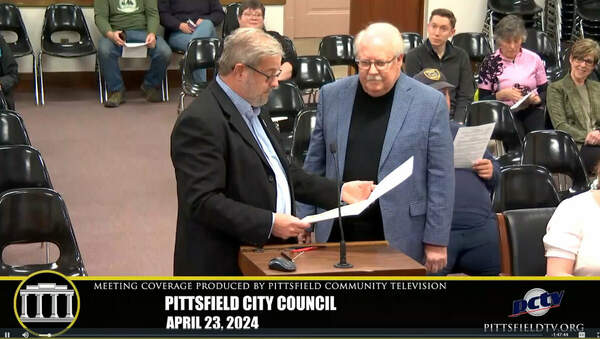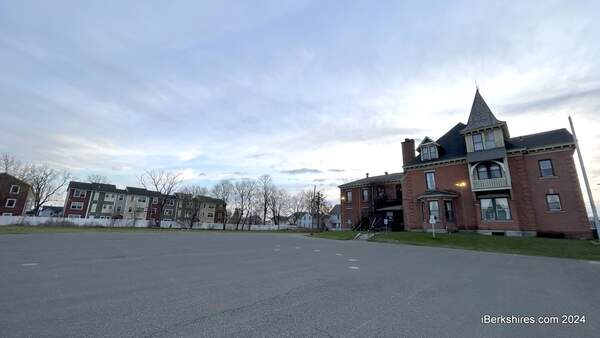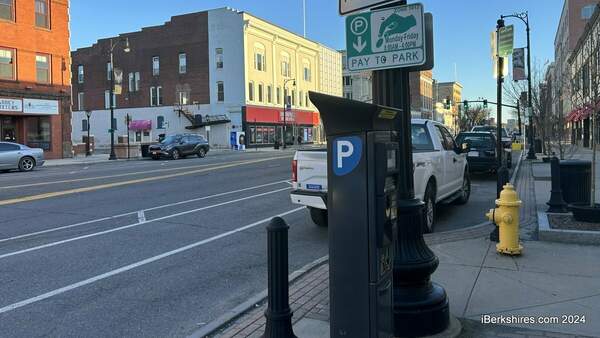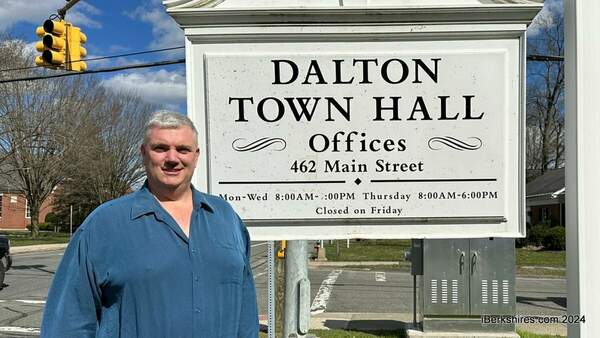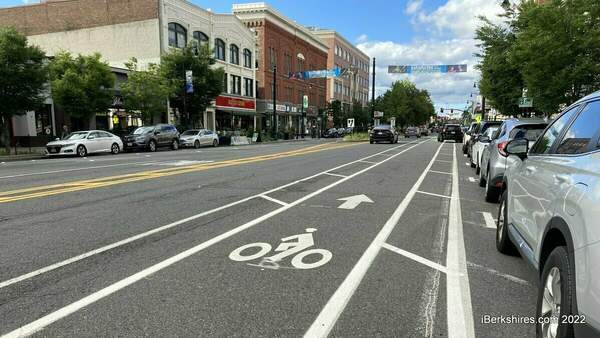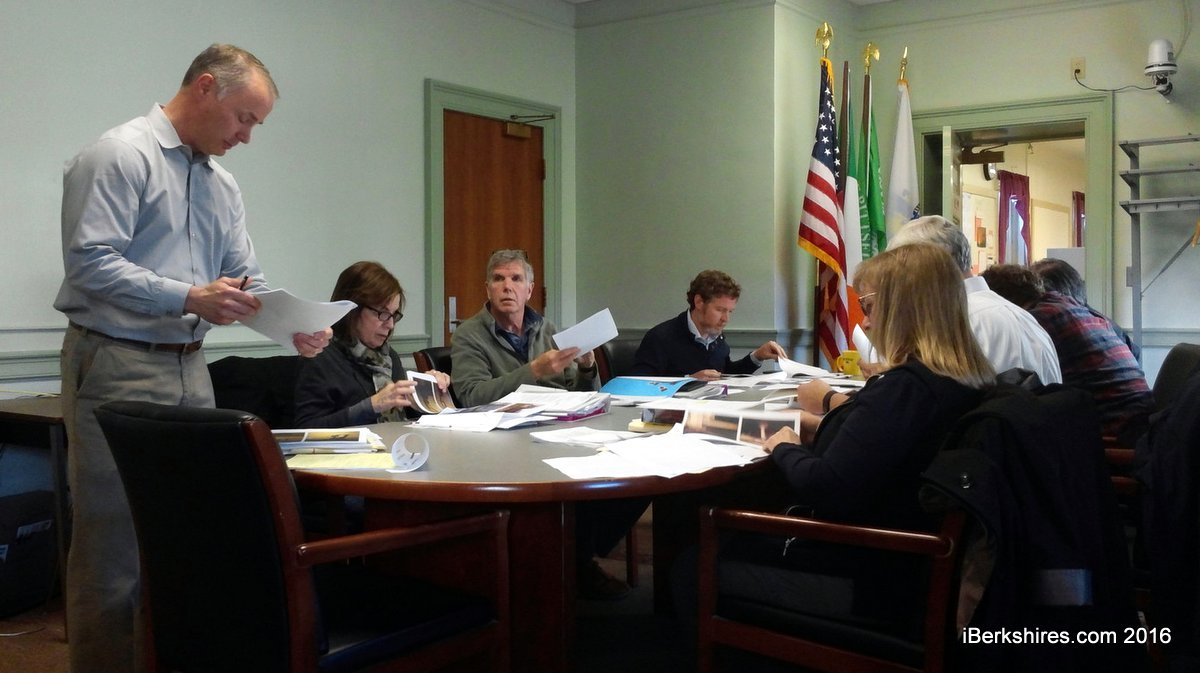
Pittsfield Board Weighs Historic Demolitions
PITTSFIELD, Mass. — Three more antiquated residential properties in the city will soon be demolished, along with a well-known business that thrived throughout most of the 20th century.
Having reviewed hundreds of such demolition requests on aging buildings over the past decade, the Historical Commission is ready to revise the ordinance language under which it performs its primary function.
Under new amendments to the city's demolition delay ordinance proposed by the commission, it would have sole jurisdiction in determining when to delay destruction of a historic building.
"The way this is written, outside of challenge in the courts, you would be the only local governmental body making the decision," City Planner Cornelius Hoss told them on Monday, during a final review of the proposed ordinance change.
The time frame for placing a pause on applications to demo a building, if it is determined to be of major historic significance, would also be extended from a maximum of six months to a period of 12 months, under the amendments proposed.
"This is how it is in almost all other Massachusetts communities," pointed out Chair John Dickson.
By contrast, in Pittsfield, the Historical Commission's determination is merely a recommendation, which then must be voted upon by the Community Development Board.
Discussion of amending the ordinance to bring it more in line with statewide norms originated in 2015, but fuel was added to the fire in March, with the Community Development Board's controversial decision to overturn the commission's recommendation for a delay on the razing of St. Joseph's Convent.
"This will prevent another end-run," said commission member Thomas Martin.
But Kathleen Reilly pointed out that the logic of a 12-month delay "dates back to the Plunkett building."
"I don't think there's any reason for this to be viewed as reactionary," agreed Hoss.
The ordinance was first added to the city's code in 2007, following the near-demolition of the Samuel Harrison House. Now, application to demolish any building aged more than 75 years must be first reviewed by the Historical Commission, whose responsibility it is to call for a delay if it feels that structure meets criteria set forth in the ordinance.
The commission currently processes dozens of such applications per year. In the history of the ordinance, it has recommended a delay on only three occasions: the former Plunkett School, a vacant Crane & Co. warehouse on Dalton Avenue, and the former convent at St. Joseph's.
The commission feels that extending to twelve months will offer a more realistic chance for the delay to do what is intended — to allow time for other opportunities for sale, restoration or reuse to emerge.
Now finalized, the petition to amend the ordinance is expected to go before the City Council early this Summer.
In other business, the commission approved three applications for demolition this month: at 759 North St., 244 Bradford St., and 339 Churchill St.
The first two lacked any attributes by which the commission measures architectural and local historical significance, either to structure or its occupants, and conditions of both made salvage unrealistic.
The third, on Churchill Street, proved most interesting, because of its history as a converted saw mill that may date back as far as the late 1700s. Though the house itself cannot reasonably be saved from its decline, owners are working with SK Design to document key aspects of the building that date to the original construction, and preserve a stained-glass window and other fixtures that will be reused in the new home they build on the parcel.
On Park Street, demolition is being sought for what was once O'Boyski's, a staple for more than 80 years in what was once the city's traditional Polish neighborhood. In this case, the commission requested that the applicant (Berkshire Medical Center) provide more complete recent history of sales and ownership as part of the required information, before it will take a final vote at its June meeting.
Tags: demolition, historical commission, ordinances,

